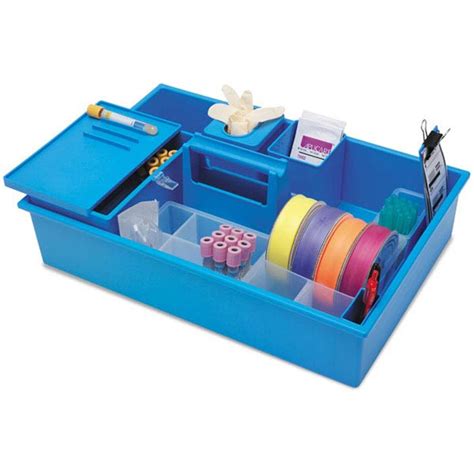**Title: Is Phlebotomist A Good Job: Exploring the Pros and Cons**
**Introduction:**
Are you considering a career as a phlebotomist? Wondering if it’s a good job choice for you? In this article, we will delve into the world of phlebotomy and discuss the pros and cons of pursuing this career path. From job outlook to salary potential, we will provide you with all the information you need to make an informed decision.
**What is a Phlebotomist?**
A phlebotomist is a healthcare professional trained to draw blood from patients for various medical tests, transfusions, donations, or research. They play a crucial role in the healthcare industry by ensuring that blood samples are collected properly and safely for accurate diagnosis and treatment.
**Job Outlook and Salary Potential:**
Phlebotomy is a rapidly growing field with a positive job outlook. According to the Bureau of Labor Statistics, employment of phlebotomists is projected to grow 17% from 2019 to 2029, much faster than the average for all occupations. This growth can be attributed to an aging population in need of healthcare services, as well as advancements in medical technology.
In terms of salary potential, phlebotomists earn a median annual wage of around $35,510. However, this can vary depending on factors such as location, experience, and employer. Phlebotomists working in hospitals or diagnostic laboratories may earn higher salaries compared to those working in physician offices or clinics.
**Pros of Being a Phlebotomist:**
1. **High Demand:** As mentioned earlier, the demand for phlebotomists is increasing, leading to more job opportunities in various healthcare settings.
2. **Quick Training:** Becoming a phlebotomist typically requires less training compared to other healthcare professions, making it an attractive option for those looking to enter the medical field quickly.
3. **Flexible Work Hours:** Phlebotomists often have flexible work schedules, including part-time and evening shifts, allowing for a better work-life balance.
**Cons of Being a Phlebotomist:**
1. **Physically Demanding:** Drawing blood can be physically demanding, requiring phlebotomists to stand for long periods and lift patients who may have difficulty getting to the drawing station.
2. **Emotional Stress:** Dealing with anxious or difficult patients can be emotionally challenging for some phlebotomists, requiring strong communication and interpersonal skills.
3. **Limited Advancement:** While phlebotomy can be a rewarding career in itself, there may be limited opportunities for advancement without additional education or training.
**Tips for Success as a Phlebotomist:**
– Develop good communication skills to interact effectively with patients.
– Stay updated on the latest phlebotomy techniques and best practices.
– Practice proper safety protocols to minimize the risk of infection.
– Pursue further education or certifications to advance your career opportunities.
**Conclusion:**
becoming a phlebotomist can be a rewarding career choice for those interested in healthcare and patient interaction. With a positive job outlook and competitive salary potential, it offers a promising future for aspiring phlebotomists. However, it’s essential to consider the physical and emotional demands of the job before pursuing this path. By weighing the pros and cons and following our tips for success, you can determine if phlebotomy is the right fit for you.
**Table: Average Annual Salary for Phlebotomists by Location:**
| Location | Average Salary |
|————–|——————|
| California | $40,000 |
| Texas | $35,000 |
| New York | $45,000 |
| Florida | $32,000 |
| Illinois | $38,000 |
Remember, every job has its challenges and rewards. Ultimately, the decision to become a phlebotomist should be based on your interests, skills, and career goals. We hope this article has provided you with valuable insights into the world of phlebotomy and helped you make an informed decision about this career path. Good luck on your journey to become a phlebotomist!
